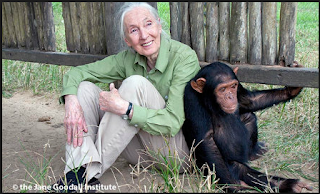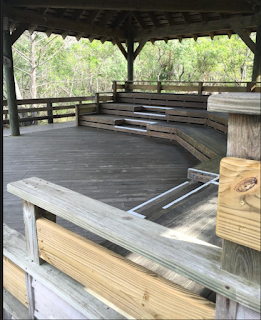Echo and the Food Footprint

Last week saw the class take a trip to the ECHO Farm, an organization that aims to help feed people around the globe. ECHO stands for the Educational Concerns for Hunger Organization, and they have a few impact center locations in areas like Africa and Asia. By exploring different farming techniques around the world, EHCO spreads this knowledge to help equip people in impoverished areas with the tools necessary to sustain a food source. On our trip to this location, we took a tour around the farm to explore some of these intuitive designs that have been thought up throughout their existence as an organization. Entrance to ECHO Farm There are close to a billion people living on the planet at this instance who are suffering from hunger complications, even more disturbing is the fact that a child dies from hunger almost every twelve seconds. Many people around the world do not have access to high end grocery stores or even a simple market which they can go to buy food. A good perc...




